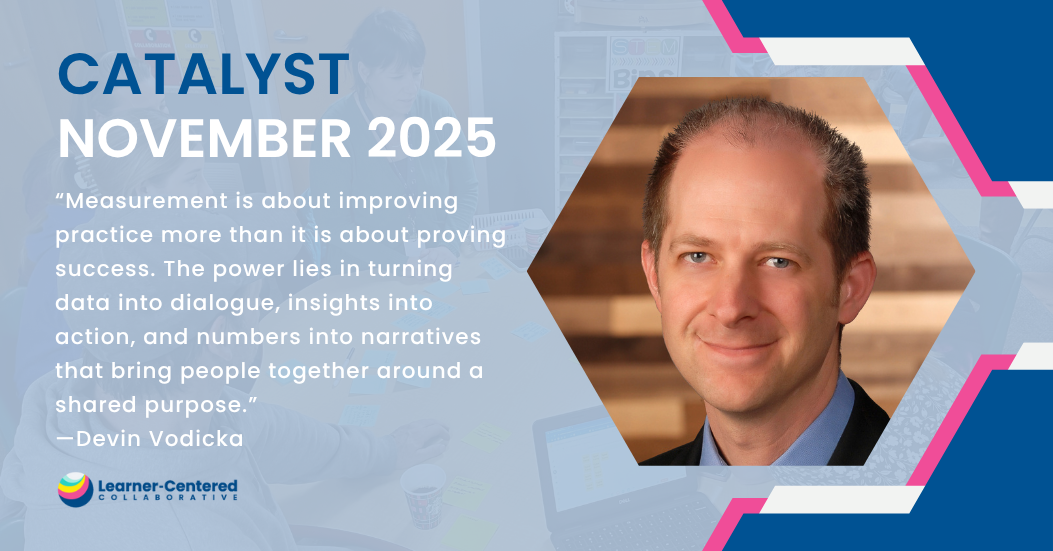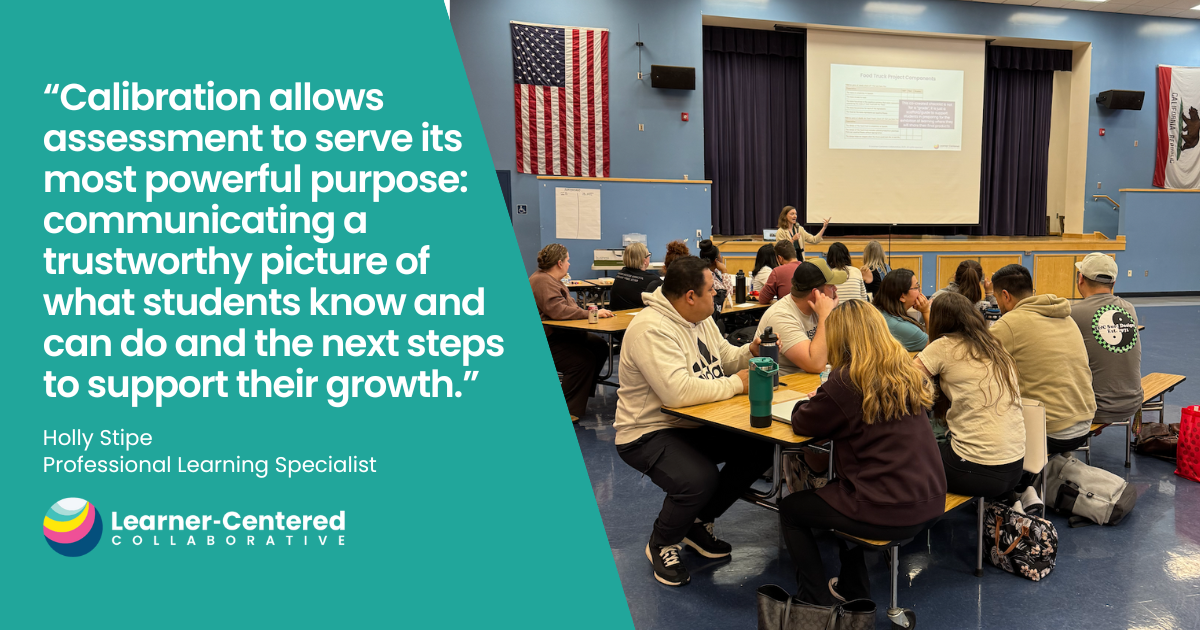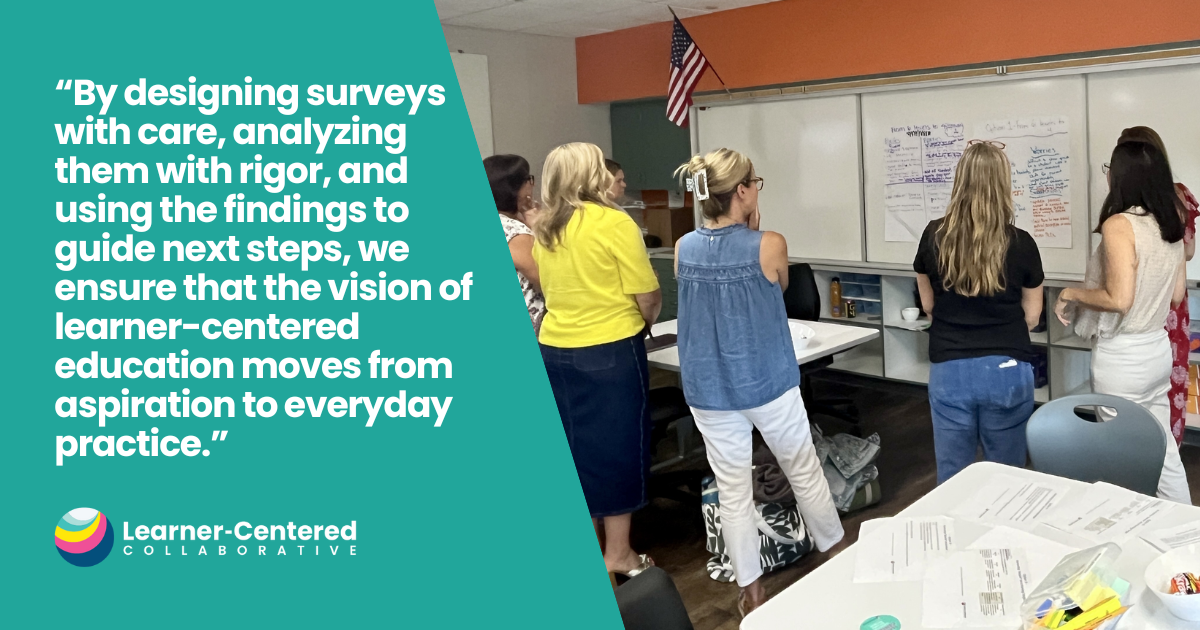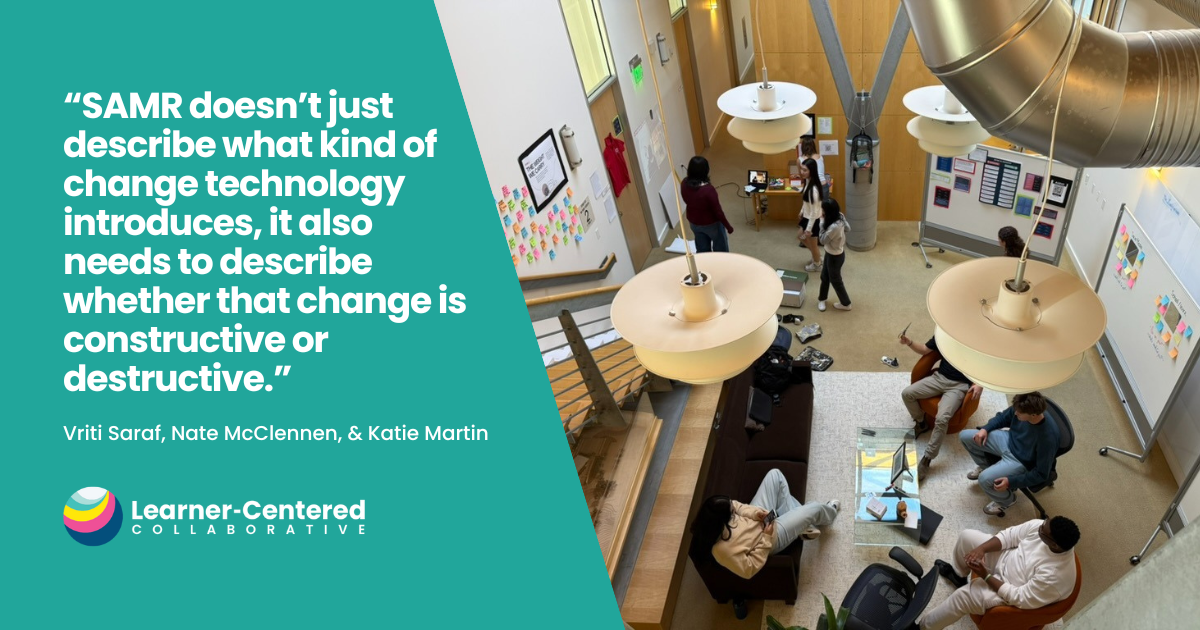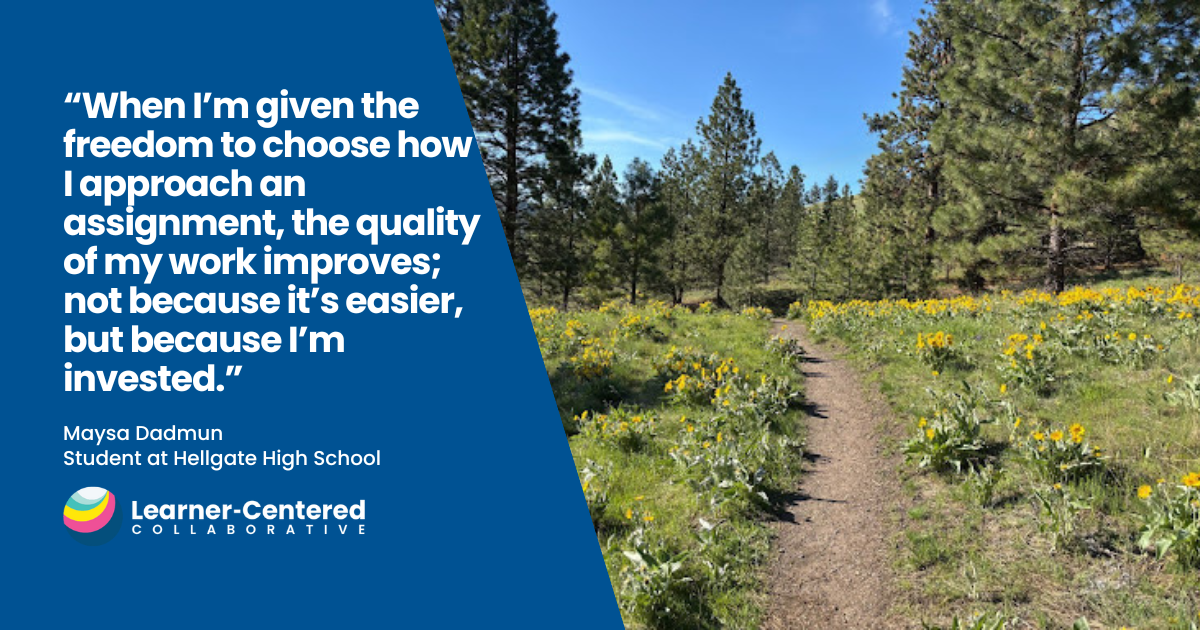There has never been a better time for OER
I love the feature on my phone that brings up “On this day” photos, and I was recently reminded that five years ago I was at the White House for the #GoOpen event, speaking with educational leaders from across the country about my excitement regarding Open Educational Resources (OER). Vista Unified School District was one of ten “launch districts” for this project along with our collaborators on the “COW Project.” COW was an acronym for California-Ohio-Wisconsin which was an innovative, competency-based effort between three member districts of the League of Innovative Schools. The COW project made clear to me that if we wanted to extend the boundaries of learning we would need open, flexible, and interoperable curricular resources.
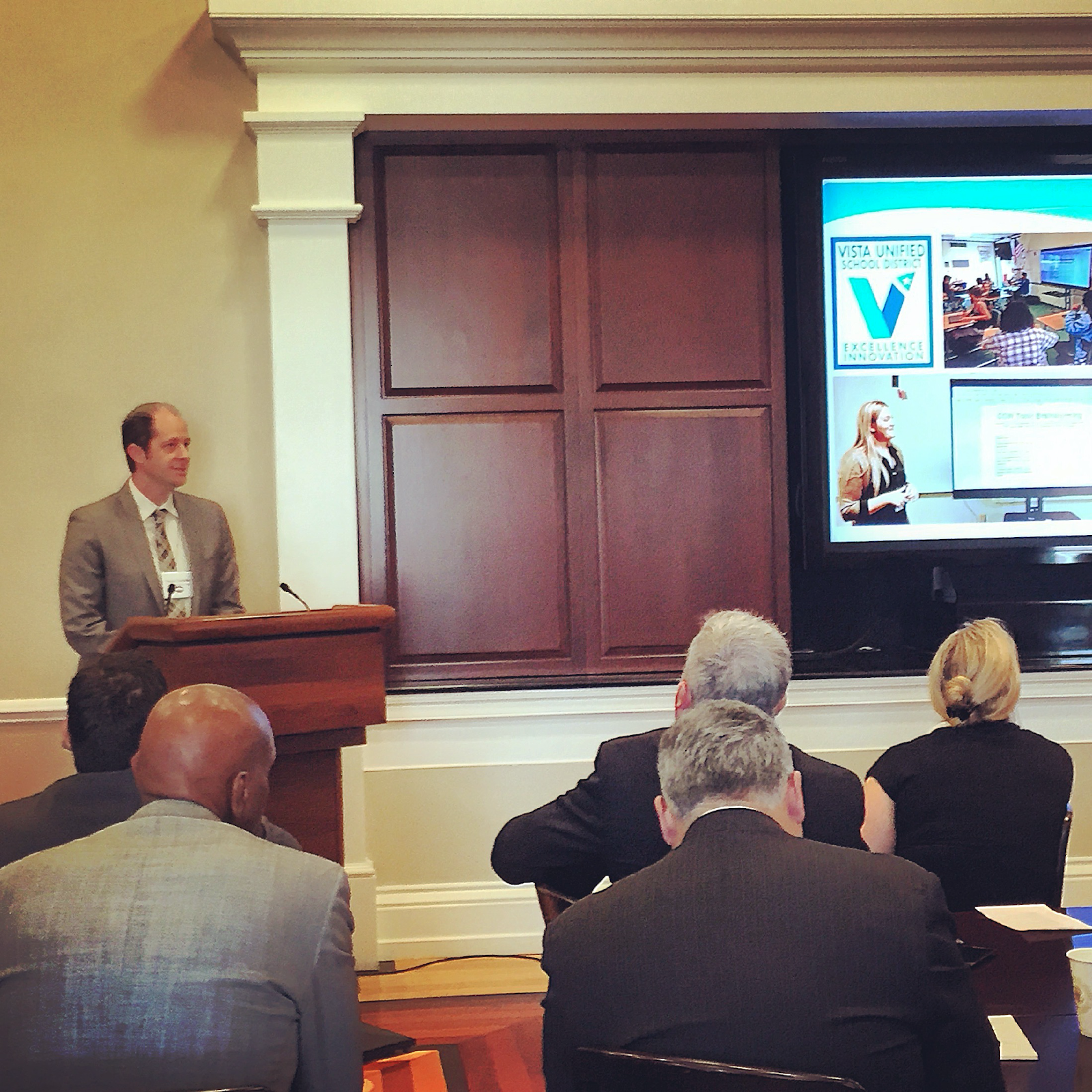
Soon after the White House event the US Department of Education hosted a memorable convening at Skywalker Ranch, this time with dozens of participating districts, and it felt like we were gaining real momentum in the shift to open resources. For a number of reasons, one of them being relatively slow uptake on learning management systems (LMS) that are essential for the rapid implementation of digital OER content, the movement has been slower than I would have liked.
Fast forward to the present moment. COVID-19 has accelerated our educational system capacity for distance learning and hybrid models. Just about everybody has an LMS now and many of us are beginning to recognize that flexibility and adaptability are going to be essential for the foreseeable future. Declining enrollment in many school systems, coupled with the strong potential for budget reductions, means that there will be enormous pressure on districts to maximize their resources. As a result of these combined forces, there has never been a better time for OER.
To assist, our team at Learner-Centered Collaborative has been collaborating with Getting Smart through a project from Educate Texas called the Texas Learning Exchange (TxLx). This effort includes the launch of an OER Library. With input from a Steering Committee that represents the diverse array of districts in Texas, we developed the following criteria for the OER Library:
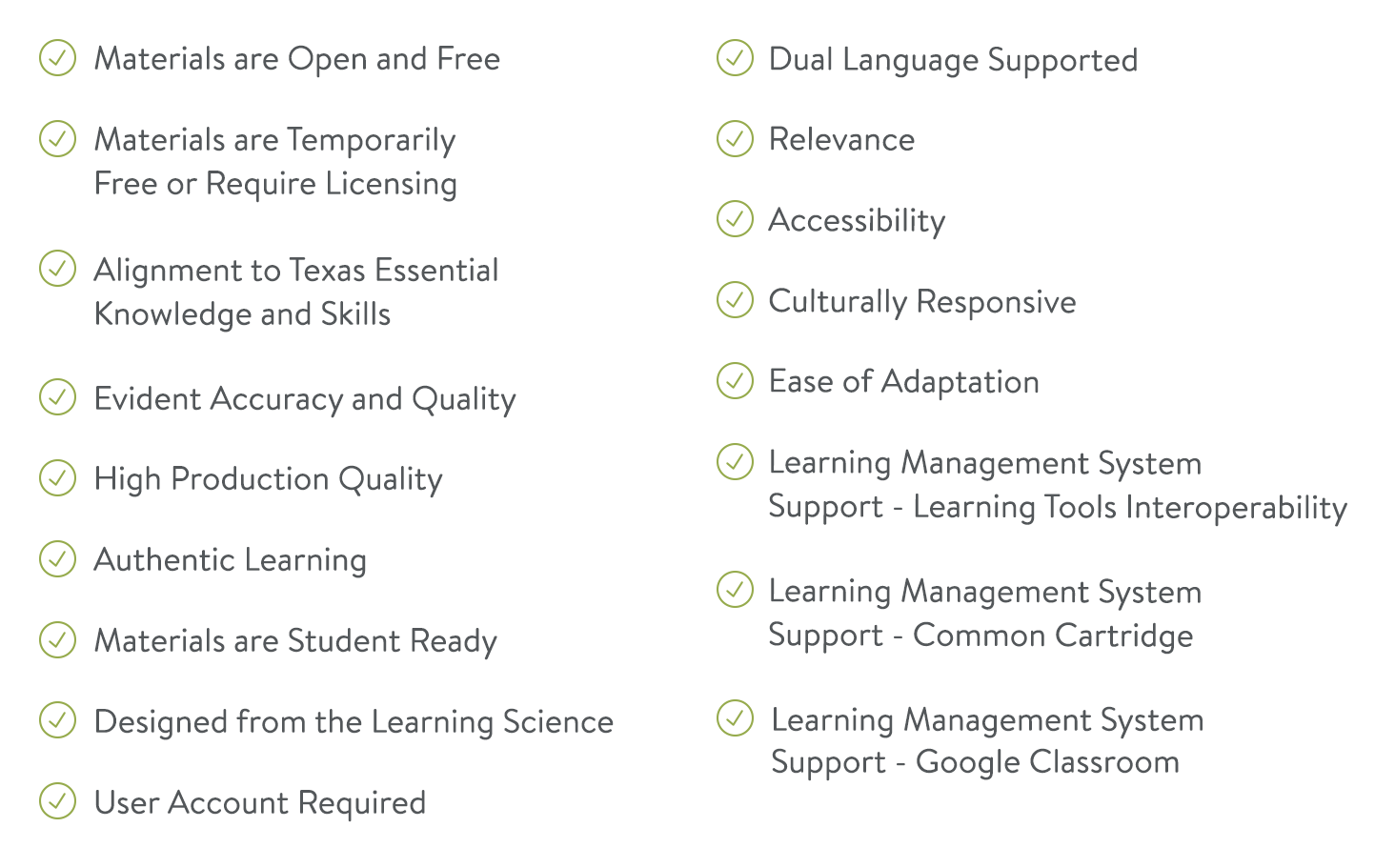
The OER Library includes 257 resources, tagged to enable sorting and filtering, so that educators can rapidly find materials that meet their unique needs. We engaged extensively to identify resources from a wide range of curricular areas. I am particularly pleased with the extensive list of “Other/CTE” that includes social-emotional learning options.
The TxLx OER Library is also designed to be complementary to the Texas Education Agency resources that are available through the Texas Gateway.
Shifting to learner-centered experiences for all students is going to require many shifts, including the ways in which we think about outcomes and assessments, and providing flexible and open learning resources will be an important part of the change journey. As my colleague Katie Martin has emphasized, we need to prioritize connections and truly know our students in order to identify and create meaningful and relevant learning experiences. We hope that this OER Library will be a great resource so that together we can build on the strengths, interests, and values of every learner.
Please check out Learner-Centered Leadership and #LCLeadership
